BBC Proms issue manipulated results
OrchestrasIt has taken the Proms half a week longer than usual to publish attendance figures.
The headline ‘BBC Proms sees record-breaking figures on BBC iPlayer and BBC Sounds, with 93% capacity audiences’ is heavily manipulated.
The ‘record-breaking season’ refers to online, with twice as many signed-in accounts accessing Proms on iPlayer and BBC Sounds.
The figure of 93% refers to main evening attendance at the Royal Albert Hall. It does not include early, late and regional events.
The 93% is being trumpeted as much higher than the 85% scored in 2019, the last-pre-Covid Proms, which were demonstrably poor. But it is way below the upper 90s capacities achieved in the Wagner-Verdi-Britten season of 2013, and several golden Proms years around that. It is not a record of any kind.
It would be so reassuring if the BBC would just tell the plain, unvarnished truth, without us having to fillet it for you. Do not trust the BBC ever when it reports on itself.
We reproduce the BBC press release below.
BBC Proms sees record-breaking figures on BBC iPlayer and BBC Sounds, with 93% capacity audiences – and half of all concertgoers attending the Proms for the first time
A record-breaking season online, with more than double the number of signed-in accounts accessing BBC Proms content on iPlayer and BBC Sounds compared to last year
Nearly 1 million people watched the First Night of the Proms on BBC Two, its strongest overnight TV audience since 2009
Proms content reached 3.2 million on TV during the opening weekend
A peak audience of 3.5 million people watched the Last Night of the Proms on BBC One
Well over half the Proms at the Royal Albert Hall have been total sell-outs
Average main evening attendance at the Hall was 93%, building on 85% in 2019
The BBC Proms 2023 came to a close on Saturday, with the celebratory Last Night of the Proms rounding off a season that included Sir Simon Rattle’s final concerts as Music Director of the LSO; a full concert staging of Berlioz’s epic opera The Trojans – the first in the UK for more than ten years; the first ever weekend-long Proms festival at Sage Gateshead, in collaboration with the Royal Northern Sinfonia and opened by Self Esteem; orchestral celebrations of Northern Soul and Bollywood; and music from Rufus Wainwright, Jon Hopkins and the first ever Fado Prom with Portuguese star, Mariza.
The BBC Orchestras and Choirs performed in 32 Proms, more than one third of the total concerts performed. The BBC Singers performed in five Proms: the First Night and the Last Night, with Sir Simon Rattle and Jon Hopkins and in their own Late Night Prom showcasing their huge range of repertoire.
Audiences flocked to the Royal Albert Hall with well over half the main evening concerts selling out and an average audience attendance across the season at the Hall of 93%. This is up 7% on pre-pandemic levels in 2019. More than 70,000 Prommers, who stood in either the arena or gallery of the Royal Albert hall, were welcomed across the season.
Nearly half (47%) of audiences at the Royal Albert Hall were attending a Prom for the first time. The Proms also partnered with TikTok to relaunch their classical music hashtag, and Proms videos have been viewed more than 1 million times on the platform, which is primarily used by people aged 18 to 34. Across the BBC’s social media channels, Proms content has been viewed more than 5 million times.
Sam Jackson, Controller of Radio 3 said: ‘This has been a fantastic year for the Proms, and demonstrates the country’s appetite for classical music from the BBC. In multiple ways, audiences are higher than pre-pandemic figures, and I’m particularly pleased to see so many young people coming to classical music, often for the very first time. As ever, every BBC Prom has been broadcast live on Radio 3, and a wealth of Proms content is now available on BBC Sounds. Work now begins to deliver another brilliant season in 2024; we look forward to revealing more next April.’
Suzy Klein, Head of Arts and Classical Music TV said: ‘Television audiences across this year’s Proms are their strongest in years, and I’m delighted that major moments in the cultural calendar, such as the First Night and the Last Night, are reaching so many millions of people. I’d like to thank our TV teams for their superlative work in continuing to create ‘gold-standard’ concert coverage – watched globally, and the envy of the world. And a big thank you to all our presenters across the season, who have done an incredible job on TV and radio alike, sharing their musical passion, knowledge and enthusiasm. As the home of classical on TV, the BBC continues to showcase the very best in classical music throughout the year, ranging from BBC Young Musician and Cardiff Singer of the World to Inside Classical, operas, ballet and award-winning documentaries – and we hope audiences continue to enjoy the rich classical offerings still to come on BBC TV’.

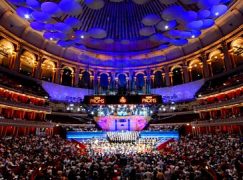
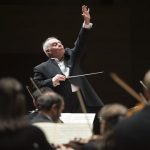
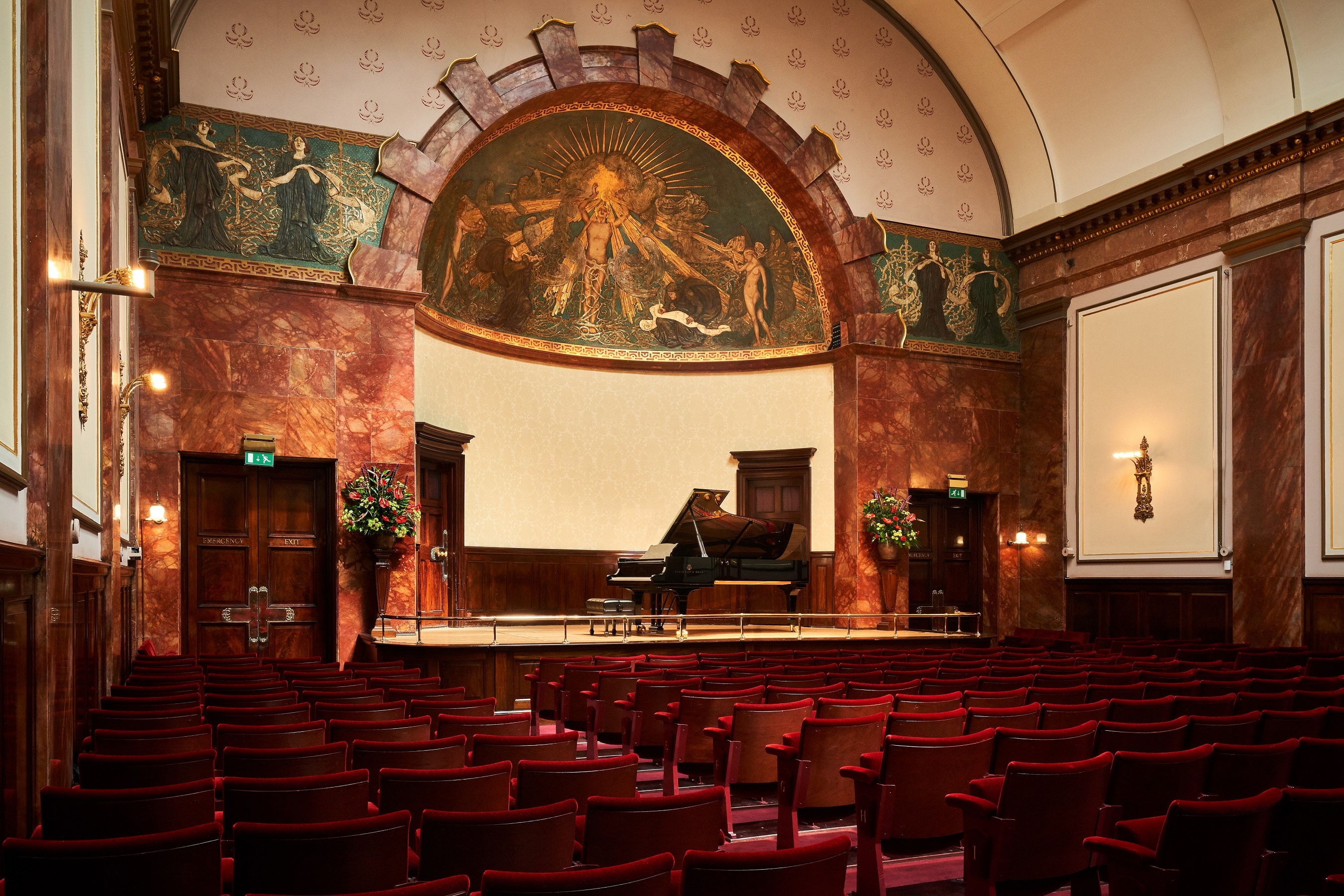

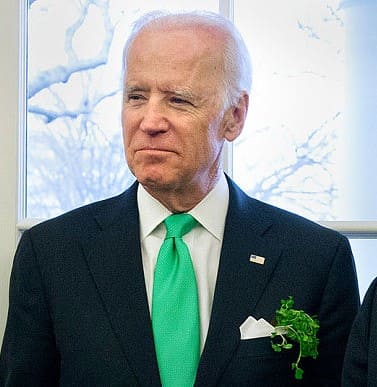
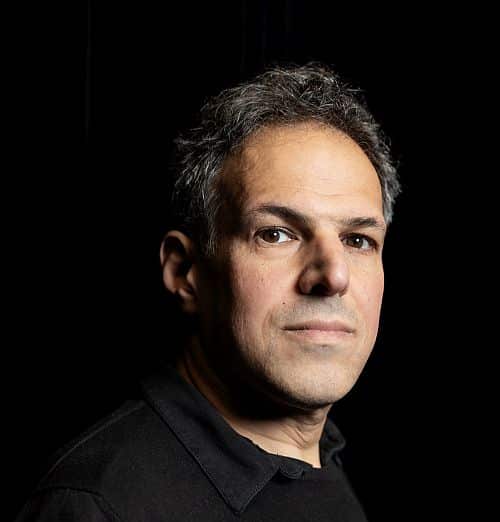
Comments